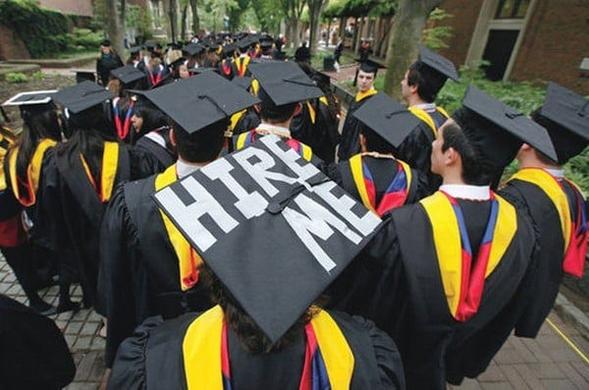Krugman:
❝What we’re looking at now isn’t the worst job market college graduates have ever seen. It is, however, the worst such market compared with workers in general that we’ve ever seen, by a large margin.
…
We have low overall unemployment, only slightly above historic lows, but unemployment among college graduates between 22 and 27 at recession-like levels.
This has never happened before.❞
https://paulkrugman.substack.com/p/bad-times-for-college-graduates
